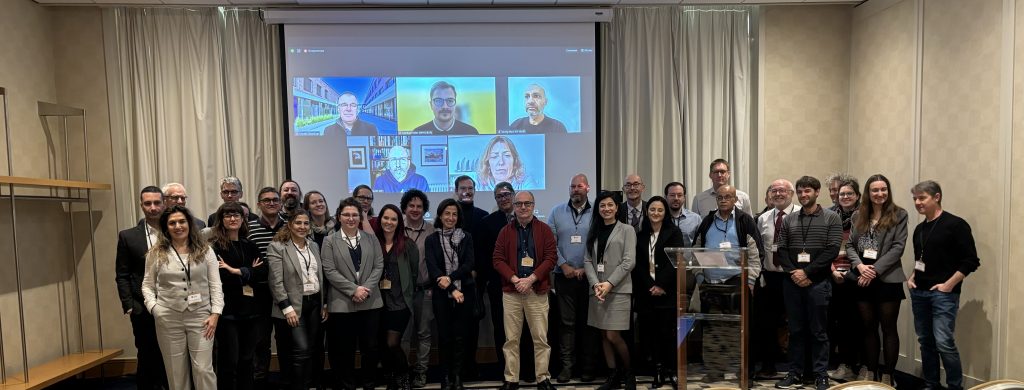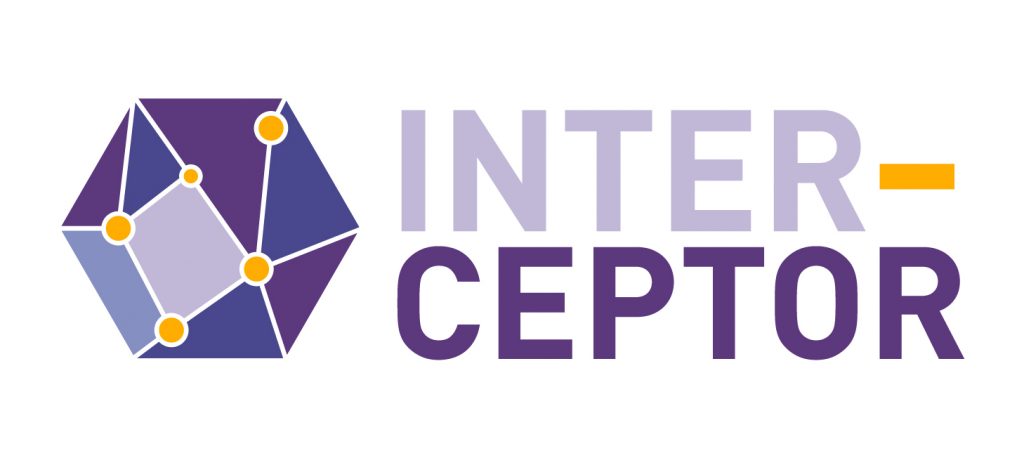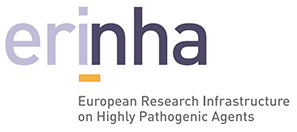11/01/2024
The INTERCEPTOR project officially commenced today with a kick-off meeting held in Brussels.
INTERCEPTOR, short for INTERnational Cooperation of high containment research infrastructures: from Epidemic Preparedness TO Response, is a groundbreaking initiative led by the European Research Infrastructure on Highly pathogenic Agents (ERINHA) in collaboration with key high containment laboratories (HCLs) from Europe and around the world.
Emerging infectious diseases (EIDs) pose a global catastrophic risk, transcending borders and threatening humanity, akin to climate change and biodiversity loss. The recent COVID-19 pandemic underscored the critical importance of global cooperation, research coordination, and the sharing of data and expertise in effectively preparing for and responding to EIDs. Despite these lessons, significant challenges persist, hindering seamless cooperation among HCLs.
ERINHA, in partnership with other leading institutions, has taken a bold step to address these challenges by initiating the INTERCEPTOR project. The project’s consortium aims to establish and strengthen interactions with HCL research infrastructures worldwide, with a primary focus on enhancing pandemic preparedness and response capacities.
INTERCEPTOR will centre its efforts on several key pillars:
The proposed actions of INTERCEPTOR will contribute to the establishment of a sustainable global network of high containment research infrastructures, ultimately reinforcing the next generation of HCL researchers and facility managers. By expanding access to HCLs, sharing knowledge and skills, and providing opportunities for common training programmes and staff exchanges, INTERCEPTOR will play a pivotal role in advancing the boundaries of science and innovation in the field of EIDs.
The kick-off meeting in Brussels marked the beginning of this ambitious project, bringing together key stakeholders, researchers, and experts committed to fostering international collaboration in the fight against emerging infectious diseases. As INTERCEPTOR gains momentum, it promises to make a key contribution to the strengthening of global pandemic preparedness and response capacities.


INTERCEPTOR (INTERnational Cooperation of high containment research infrastructures: from Epidemic Preparedness TO Response) is a consortium led by the European Research Infrastructure on Highly pathogenic Agents (ERINHA) in collaboration with high containment laboratories (HCLs) from Europe and across the world. The project aims to address major challenges limiting global cooperation among HCLs, focusing on access provision, human capital enhancement, critical resources sharing, harmonization, and interoperability to strengthen pandemic preparedness and response capacities.

The European Research Infrastructure on Highly pathogenic Agents (ERINHA) is a leading organization dedicated to fostering collaboration and research in the field of high containment laboratories. ERINHA plays a crucial role in coordinating efforts to address global health threats posed by highly pathogenic agents, with a focus on developing medical countermeasures against high-consequence pathogens.
The INTERCEPTOR project has received funding from the European Union’s Horizon Europe research and innovation programme.